Pre-72 Sound Recordings not subject to DMCA
Under New York state law a decision issued last week holds pre-1972 sound recordings are not subject to the DMCA safe harbor provisions and Grooveshark is liable for state law copyright infringement of UMG owned pre-1972 sound recordings. UMG Recordings, Inc. v. Escape Media Group, Inc. Opinion linked here. The year the sound recording was released is key to UMG's argument. Prior to February 15, 1972 sound recordings were protected by state law copyright schemes. All sound recordings released after February 15, 1972 are protected by Federal Copyright Law.
Grooveshark continues to hide under the protection of the DMCA (Digital Millennium Copyright Act) Safe Harbor provision claiming it didn't know that content uploaded by third parties was infringing and had been uploaded without permission. I believe the judges' decision was correct. If the pre-72 sound recording owners do not receive any of the protections of the Federal Copyright Act such as the ability to recover attorneys' fees or sue for statutory damages, then why should an infringer receive defensive benefits from the Copyright Act?
Because this decision was issued by the New York State Appellate Court, that court had no obligation to follow a footnote in Capitol Records, Inc. v. Mp3 Tunes, LLC, 821 F.Supp.2d 627 (S.D.N.Y. 2011) in which the court states in dicta:
This Court agrees with [Mp3 Tunes, LLC] the plain meaning of the statutory language makes the DMCA safe harbors applicable to both state and federal copyright claims. Thus, the DMCA applies to sound recordings fixed prior to February 15, 1972.
UMG made a great tactical decision in keeping their pre- and post-72 sound recordings separated in their legal filings. A state court was the appropriate venue to decide if the DMCA applies to sound recordings that are not otherwise protected by the U.S. Copyright Act.
